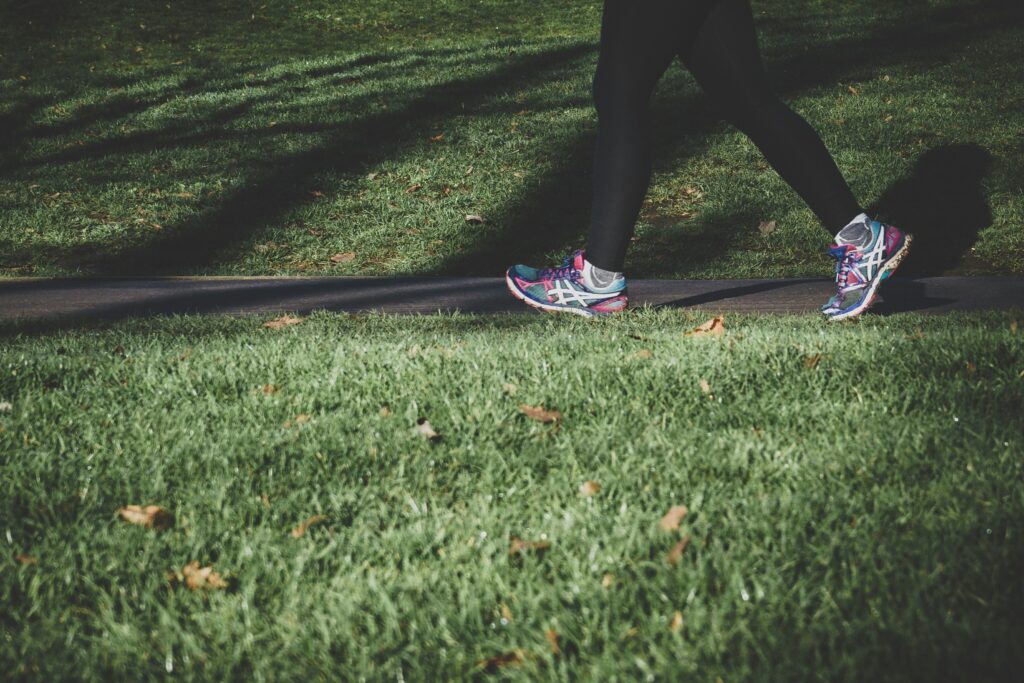
Most people are aware of the basic lifestyle choices needed to maintain health: regular exercise, a balanced diet, and sufficient sleep. Despite the abundance of health hacks, fitness trackers, and motivational quotes, many still find it challenging to adhere to their health goals. Meanwhile, the prevalence of lifestyle-associated chronic diseases continues to rise globally.
However, recent research suggests that the missing element in achieving health goals may not be more discipline but rather more stillness. Mindfulness meditation, a practice rooted in ancient traditions, is emerging as a powerful tool in facilitating health objectives. It turns out that incorporating mindfulness into daily routines is more accessible than one might think—no need for monk robes or silent retreats.
The Rise of Mindfulness in Health
Mindfulness has become a buzzword, with its practices being integrated into schools, corporate boardrooms, and even among first responders. But what exactly is mindfulness? It involves paying nonjudgmental attention to the present moment, including thoughts, bodily sensations, and the surrounding environment. Originally part of Buddhist traditions, mindfulness has been adapted into structured therapeutic programs in the West over the past 50 years.
Research has consistently shown that mindfulness offers wide-ranging benefits for both mental and physical health. Mindfulness-based programs can effectively treat depression and anxiety, protect against burnout, improve sleep quality, and reduce pain. Furthermore, studies reveal that experienced meditators have lower markers of inflammation, better cognitive abilities, and even altered brain structures.
“Mindfulness-based programs, both in person and digitally delivered, can effectively treat depression and anxiety, protect from burnout, improve sleep, and reduce pain.”
Mindfulness and Healthy Habits
One of the most exciting potentials of mindfulness is its ability to support a healthy lifestyle. According to Dr. Jane Doe, a psychologist and behavioral scientist, mindfulness equips individuals with the psychological skills necessary for successful behavior change. While knowing what to do is crucial, knowing how to stay motivated amidst daily challenges is where mindfulness can make a significant impact.
Multiple studies have indicated that regular meditation enhances intrinsic motivation to maintain health, a key factor for those who adhere to balanced diets and regular exercise. A 2024 study led by Dr. Doe, involving over 1,200 participants, found that individuals practicing mindfulness for just 10 minutes daily using a mobile app developed more positive attitudes towards healthy habits compared to non-meditators.
“Participants who meditated alongside these sessions for one month reported doing much more exercise than before the study and having stronger intentions to keep moving.”
Overcoming Obstacles with Mindfulness
Mindfulness also helps individuals reframe their responses to pain, discomfort, and failure. While novice exercisers often experience mild discomfort, mindfulness teaches them to view these sensations as transient and non-disruptive, thus aiding in habit-building. This approach allows individuals to manage perceived failures, such as missing an exercise session or indulging in a treat, more effectively.
Practical Steps to Incorporate Mindfulness
Implementing mindfulness into daily life can be straightforward. A classic exercise involves observing the breath and counting inhales up to 10, a practice that enhances focus and resilience. Mobile applications like Headspace and Calm offer guided sessions, some as short as five minutes, making it easy to start a mindfulness routine.
Dr. Doe’s collaboration with the Medito Foundation led to the creation of a mindfulness program dedicated to promoting physical activity. Participants in a related study reported increased exercise levels and stronger intentions to maintain their routines after meditating with the program.
For those less inclined towards seated practices, mindfulness can be integrated into activities like walking, where individuals focus on their surroundings and bodily sensations. Even brief mindful moments, such as during a coffee break or elevator ride, can provide grounding and enhance daily performance.
As mindfulness continues to gain traction, its potential to transform health and lifestyle choices becomes increasingly evident. By fostering a deeper connection with the present moment, individuals can cultivate healthier habits and ultimately, a healthier society.
/Courtesy of The Conversation. This material from the originating organization/author(s) might be of the point-in-time nature, and edited for clarity, style and length. Mirage.News does not take institutional positions or sides, and all views, positions, and conclusions expressed herein are solely those of the author(s).






